 By Merceidez Louise S Ragaza
By Merceidez Louise S Ragaza
Freedom of Information (FOI) is a right enshrined in our fundamental law. It refers to the right of the people to information on matters of public concern. It is the right of every citizen to access official records, documents, and papers pertaining to official acts, transactions, or decisions, as well as to government research data used as basis for policy development (Sec. 7, Art. III, 1987 Constitution). This includes the public’s right to know the public officials and employees’ assets, liabilities, net worth, and financial and business interests.
So as not to render this right ineffectual brought about by the lack of a law therefor, President Rodrigo Roa Duterte passed Executive Order No. 2, Series of 2016, which implemented the FOI Program in the executive branch. For its part, the Supreme Court passed the Rule on Access to Information About the Supreme Courtearly this year. The Supreme Court likewise ordered the creation of FOI Manuals in the entire judiciary, ie, Court of Appeals, Sandiganbayan, Court of Tax Appeals, and lower courts.
The Rule on Access to Information About the Supreme Court guarantees one’s “privilege” to either (1) obtain a copy, (2) receive the Information, or (3) gain insight to all information and records or portions of those records in the official custody, possession, and control of offices in the Supreme Court. Like all other rights, the “right to know” is not an absolute right.
Excluded are those “non-disclosable information” protected by laws, the Rule, or resolutions of the Supreme Court En Banc. For instance, access to information will be denied if the request (1) is made by one whose identity is fictitious or not legitimate; (2) is prompted by sheer idle curiosity, (3) made with a plainly discernible improper motive, (4) made for a commercial purpose; (5) is contrary to laws, morals, good customs, or public policy, eg when the request pertains to privileged documents or communications.
To obtain access, the requesting party must submit to the Supreme Court’s Public Information Office (PIO) two filled-up copies of an Access to Information Request Form (AIRF) stating therein his/her personal information, the requested information, and the purpose of the request, together with two of his/her valid IDs. If the AIRF is fully-compliant, the PIO shall have one working day to forward the request to the information custodian who shall then have 10 to 15 days to approve, deny or refer to another office the request. The information custodian shall transmit the information requested to the PIO who shall have five working days to transmit the same to the requesting party. In case of denial, the requesting party may file a motion for reconsideration once before the Supreme CourtEn Banc within 15 days from receipt of the notice of denial or from the lapse of the period to respond to the request. The denial of the motion for reconsideration shall be immediately final and executory.
However, securing the Justices’ Statements of Assets, Liabilities, and Net Worth (SALN), Disclosures of Business Interests and Financial Connections, Personal Data Sheets (PDS), and Curriculum Vitae (CV) follows a different procedure as the contents thereof are deemed non-disclosable when requested or to be used for (1) any purpose contrary to morals or public policy; or (2) any commercial purpose other than by news communication media for dissemination to the general public. As a general rule, only copies of the latest SALN, PDS, and CV may be requested and requests for previous records may be covered only if so specifically requested and if considered as justified. Nevertheless, information as to whether or not such statements have been filed shall be fully disclosable.
To request for SALN, PDS, or CV of a Supreme Court Justice, the requesting party must likewise submit two (2) filled-up copies of the AIRF before the Office of the Clerk of Court stating therein the specific purpose and individual interests sought to be served as well as a commitment that the request shall only be for such purpose. For members of the media, the same must be supported by: (1) proof under oath of media affiliation, and (2) a certification of the accreditation of their respective organisations as legitimate media practitioners. In all cases, the requesting party must have no derogatory record of having misused any requested information previously furnished to him/her. For SALNs of Justices of Supreme Court as well as those of the Court of Appeals, Sandiganbayan, and Court of Tax Appeals, the authority to disclose shall be made only by the Supreme Court En Banc.
In an En Banc Resolution, the Supreme Court has granted requests for SALNs for varying purposes eg (1) transparency and governance, (2) media database, (3) posting in a website for the general public, (4) reference materials for newscasts, and (5) even for academic purposes which allowed a student to “secure a huge percentage in [her] final examination”.
Non-disclosure of SALNs, PDS’, and CVs, is a privilege that belongs to the Supreme Court as an institution, not to any justice or judge in his/her individual capacity. Hence, no sitting or retired justice or judge, even the Chief Justice, may claim exemption without the consent of the Court.
Significantly, the Rule on Access to Information About the Supreme Court likewise provides for administrative liabilities and penalties ranging from reprimand, suspension, and dismissal, and even indirect contempt for disclosures in violation of the rule on confidentiality and provision of any false in the AIRF and its accompanying documents.
To borrow the words of the Supreme Court, “while the Constitution holds dear the right of the people to have access to matters of concern, the Constitution also holds sacred the independence of the judiciary”. Thus, the passage of the Rule on Access to Information About the Supreme Court which allowed people to exercise their right to know by allowing access to public and official records in the custody of the Supreme Court subject only to reasonable requirements provided therein.
This article is for general informational and educational purposes only and not offered as and does not constitute legal advice or legal opinion.
The author is an Associate of the Litigation and Dispute Resolution (LDRD) of the Angara Abello Concepcion Regala & Cruz Law Offices (ACCRALAW)
Tel: (63) 2 830 8000





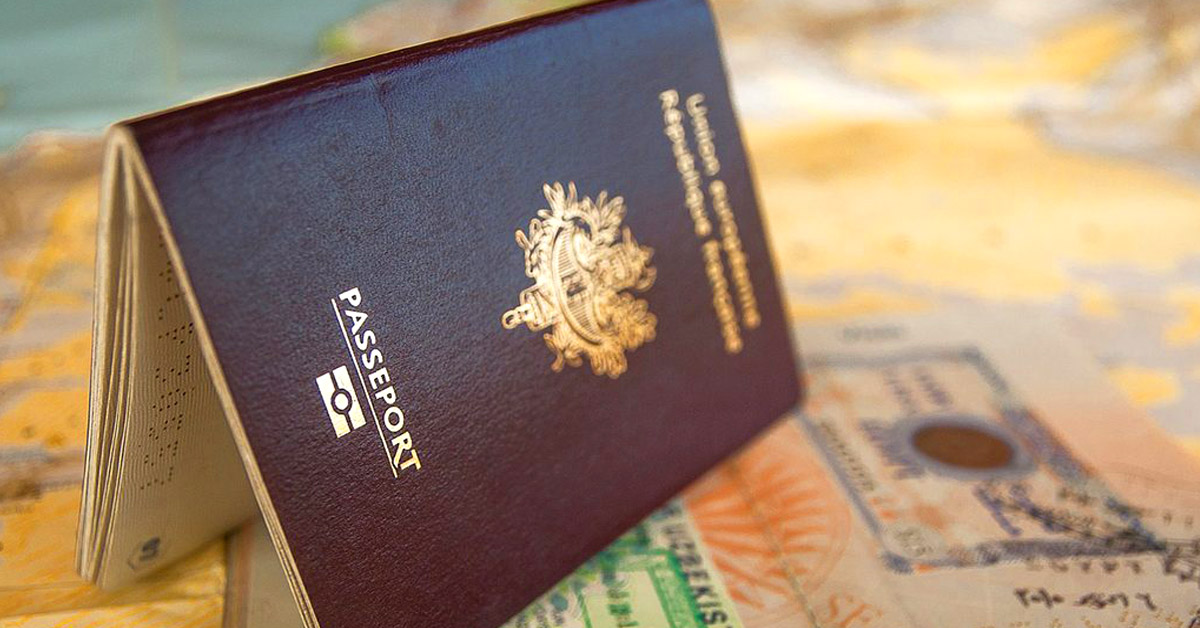
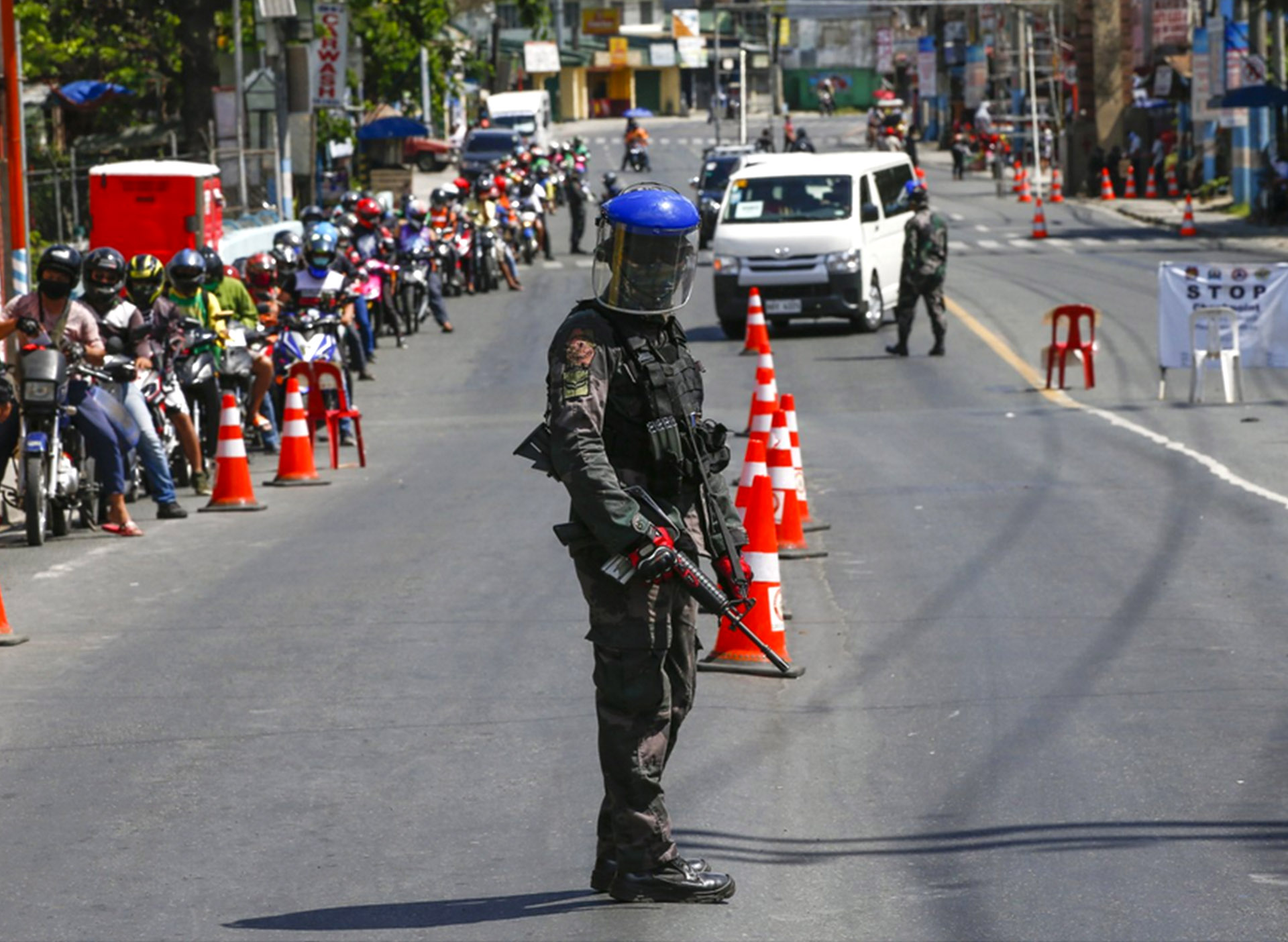








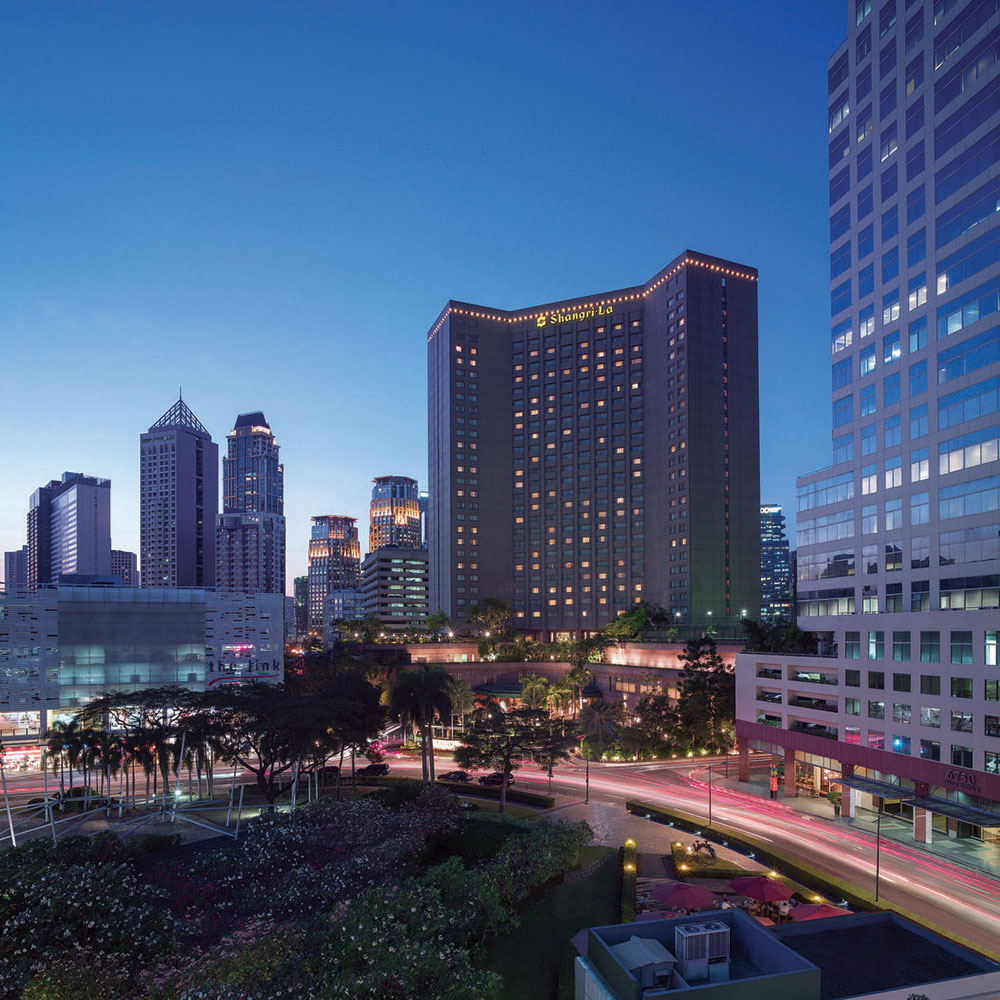


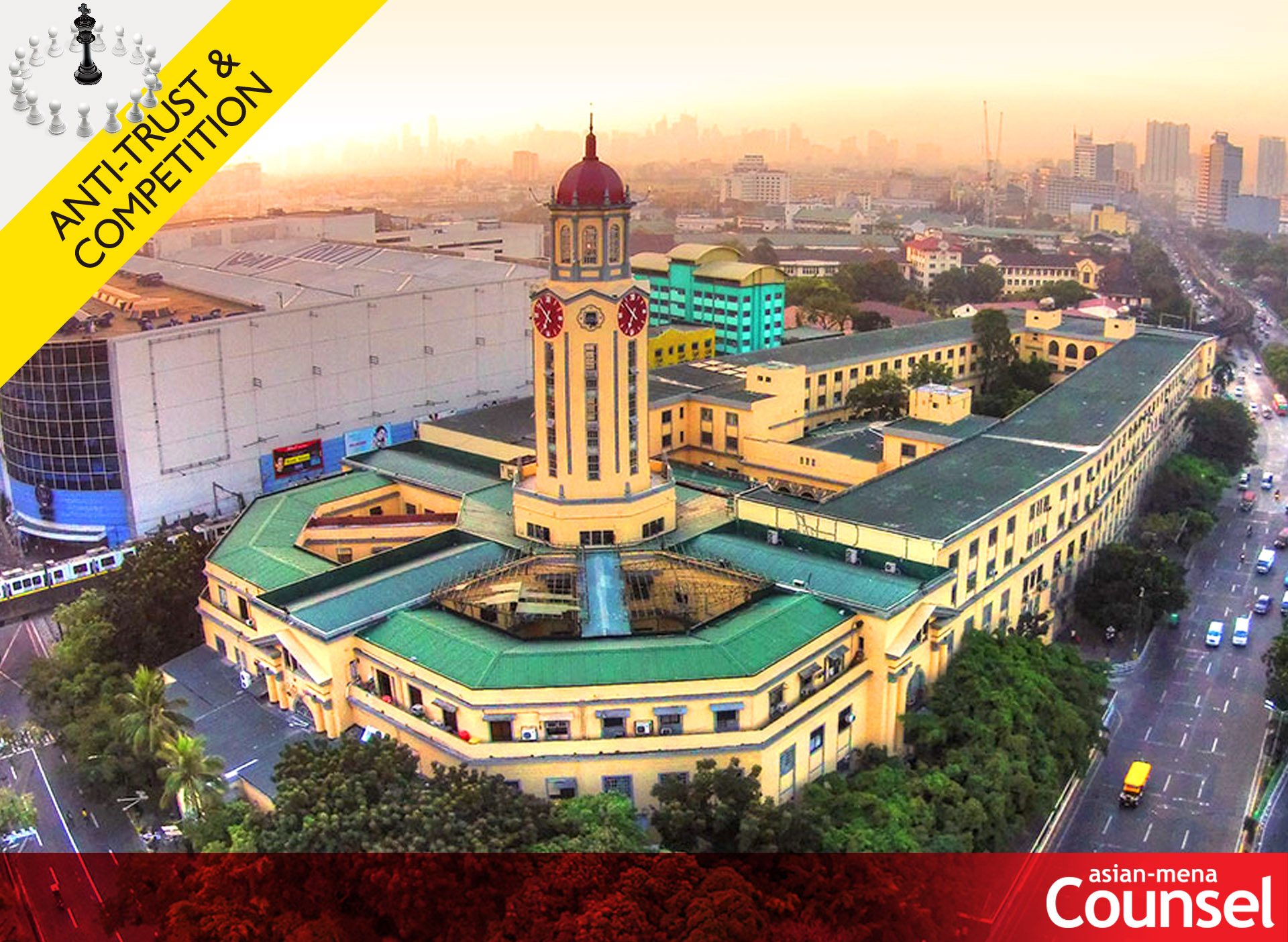











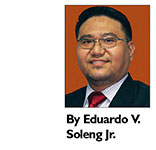
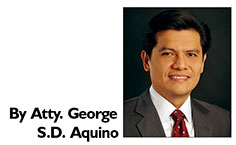






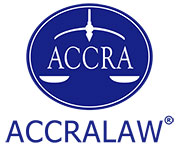 Angara Abello Concepcion Regala & Cruz Law Offices (ACCRALAW)
Angara Abello Concepcion Regala & Cruz Law Offices (ACCRALAW)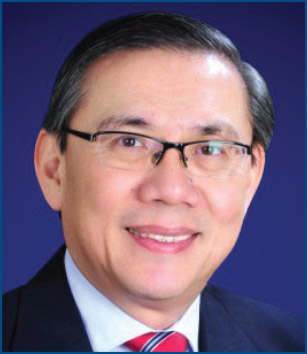 Emerico O. De Guzman
Emerico O. De Guzman







